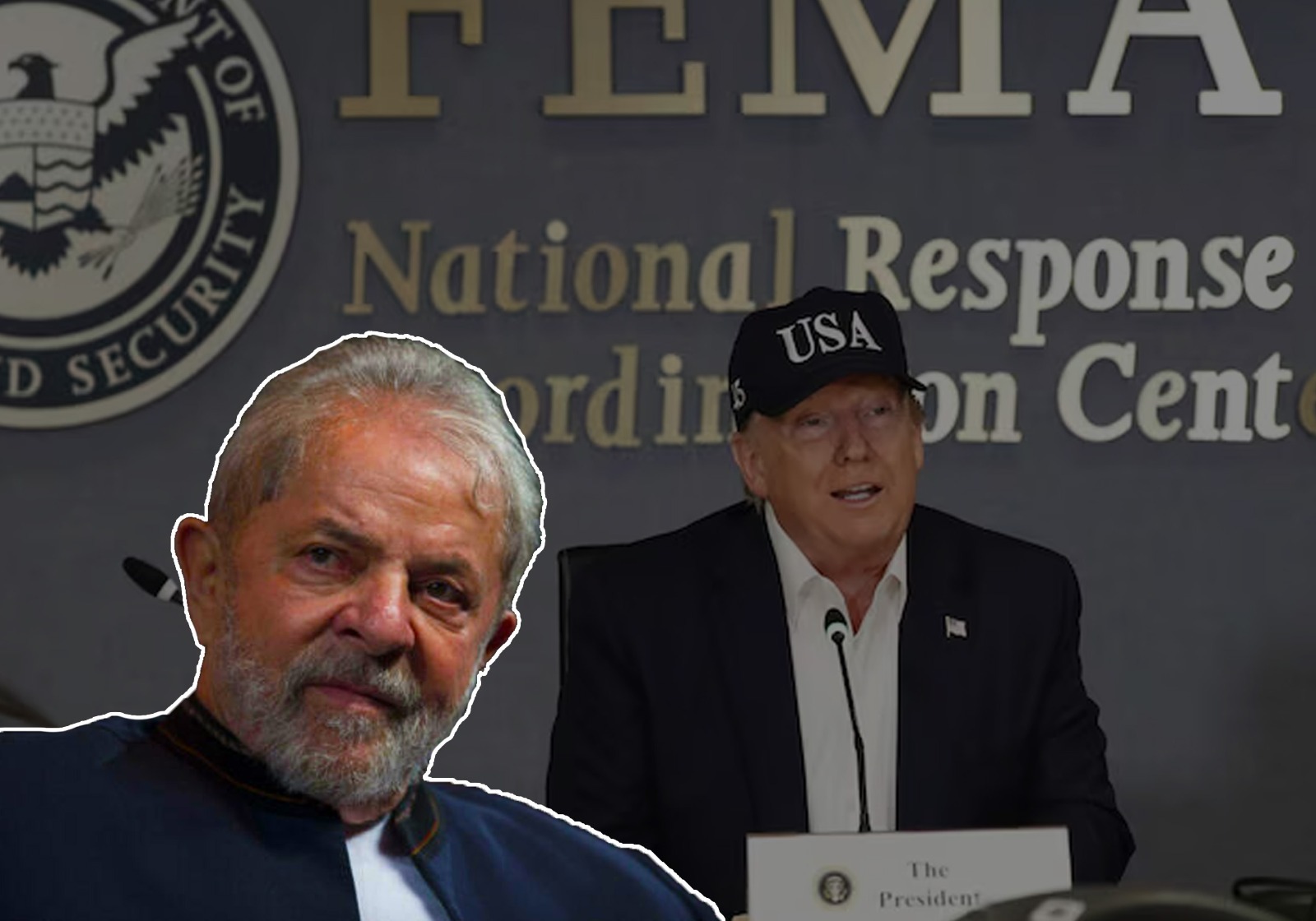
Brazil:
Brazil has invoked its newly enacted Economic Reciprocity Law after US president Donald Trump announced a steep 50 percent tariff on all Brazilian imports, marking a significant escalation in a transcontinental trade dispute.
Trump, in a letter to President Luiz Inácio Lula da Silva on 9 July, cited Brazil’s ongoing prosecution of his political ally, former president Jair Bolsonaro, alleging the legal action to be a “witch hunt” and accusing Brazil of unfair trade and censorship of US tech firms. He declared:
“This trial should not be taking place. It is an international disgrace.”
The tariff is scheduled to take effect on 1 August and is part of Trump’s broader “Liberation Day” reciprocal tariff policy.
President Lula responded forcefully, stating on social media that Brazil “will not accept tutelage” and reaffirming the country’s sovereign right to defend its judicial independence. He emphasised:
“Brazil is a sovereign nation with independent institutions and will not accept any form of tutelage.”
Under the Economic Reciprocity Law, approved by Congress in April, Brazil is empowered to impose countermeasures, such as matching tariffs, restricting investments or suspending trade concessions, in proportion to the economic impact of foreign barriers.
Following Trump’s announcement, the real slid nearly 2 percent, and Brazil’s Bovespa stock index fell by around 1.3 percent. The government also summoned the US ambassador to seek clarification and returned Trump’s letter, labelling it “offensive and inaccurate”.
Trump has also accused Brazil’s Supreme Court of censoring US social media platforms and initiated a Section 301 investigation into alleged digital restrictions. He referred to broader unfair practices and an alleged trade imbalance, though US officials confirmed a trade surplus with Brazil in recent years.
Political analysts warn that the 50 percent tariff risks intensifying global tensions. The dispute coincides with rising protectionist rhetoric within the BRICS alliance and Trump’s earlier threats of tariffs against other BRICS nations.
Brazilian officials indicate they are weighing responses carefully. While Brazil’s Trade Reciprocity Law provides legal backing for proportional action, authorities emphasise diplomatic negotiation and possible recourse to the World Trade Organisation as preferred options.
The dispute, critics say, arrives at a precarious moment: vast trade volumes are at stake, almost $50 billion in annual Brazilian exports to the US, including commodities such as orange juice, coffee and steel. Both economies now brace for a showdown in global trade diplomacy.